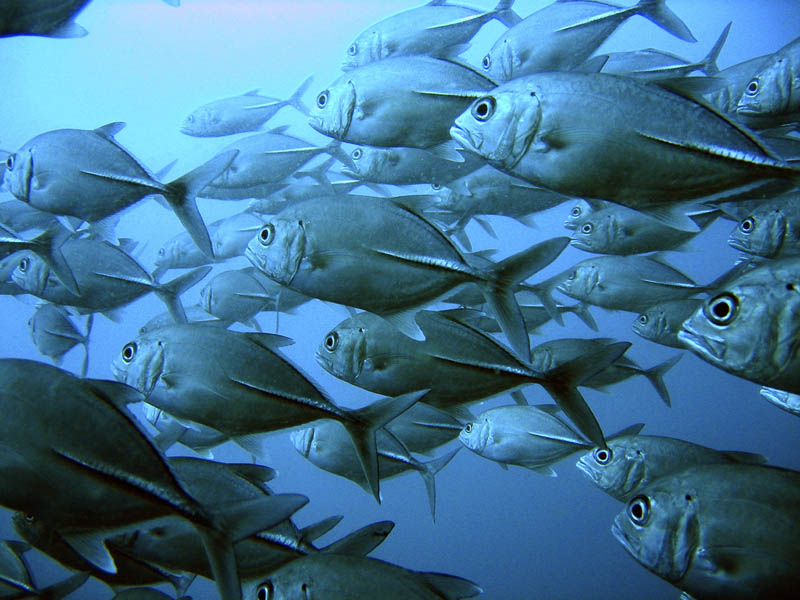Urging the Biden Administration to Combat IUU Fishing

Illegal, Unreported, and Unregulated (IUU) fishing is sadly all too commonplace on the open sea. Researchers estimate that one in five wild-caught fish are landed via IUU fishing, leading to more than $30 billion in illegal profit with billions of dollars of losses to the legal global seafood economy. These egregious violations of national and international regulations threaten fisheries and ocean ecosystems and are also associated with horrendous human rights abuses including forced labor and human trafficking, making action to address the issue all the more urgent. Yet, given the scope of the problem and complexity of seafood supply chains, IUU fishing is near impossible for companies, even the largest in the world, to combat without government action.
For that reason, we at Bon Appétit Management Company have signed an open letter to President Biden asking The White House to take measures to crack down on IUU fishing. The ask, which is shepherded by the nonprofit organization Oceana, gathers chefs and culinary businesses across the nation to urge the Biden Administration to push the National Oceanic and Atmospheric Administration’s (NOAA) to work quickly to improve and expand its Seafood Import Monitoring Program (SIMP) to all imported species. Currently, NOAA’s SIMP program requires catch documentation and traceability from boat or aquaculture operation to the U.S. border for 13 species groups (which includes more than 1,200 actual species). However, SIMP covers less than half of the seafood that enters the country. Expanding SIMP is also part of the proposed bipartisan Illegal Fishing and Forced Labor Prevention Act introduced in 2021 by Rep. Jared Huffman (CA) and Rep. Garret Graves (LA), legislation that seeks to improve interagency, seafood labeling, and strengthen international fisheries management to combat forced labor and human trafficking.
Taking a stand against IUU fishing and its attendant human rights abuses aligns with Bon Appétit’s long track record of sourcing seafood responsibly and supporting workers in our supply chain. Strengthening government oversight of this complex and urgent issue is critical to ensure that consumers and businesses can feel confident in all aspects of the seafood they are buying.